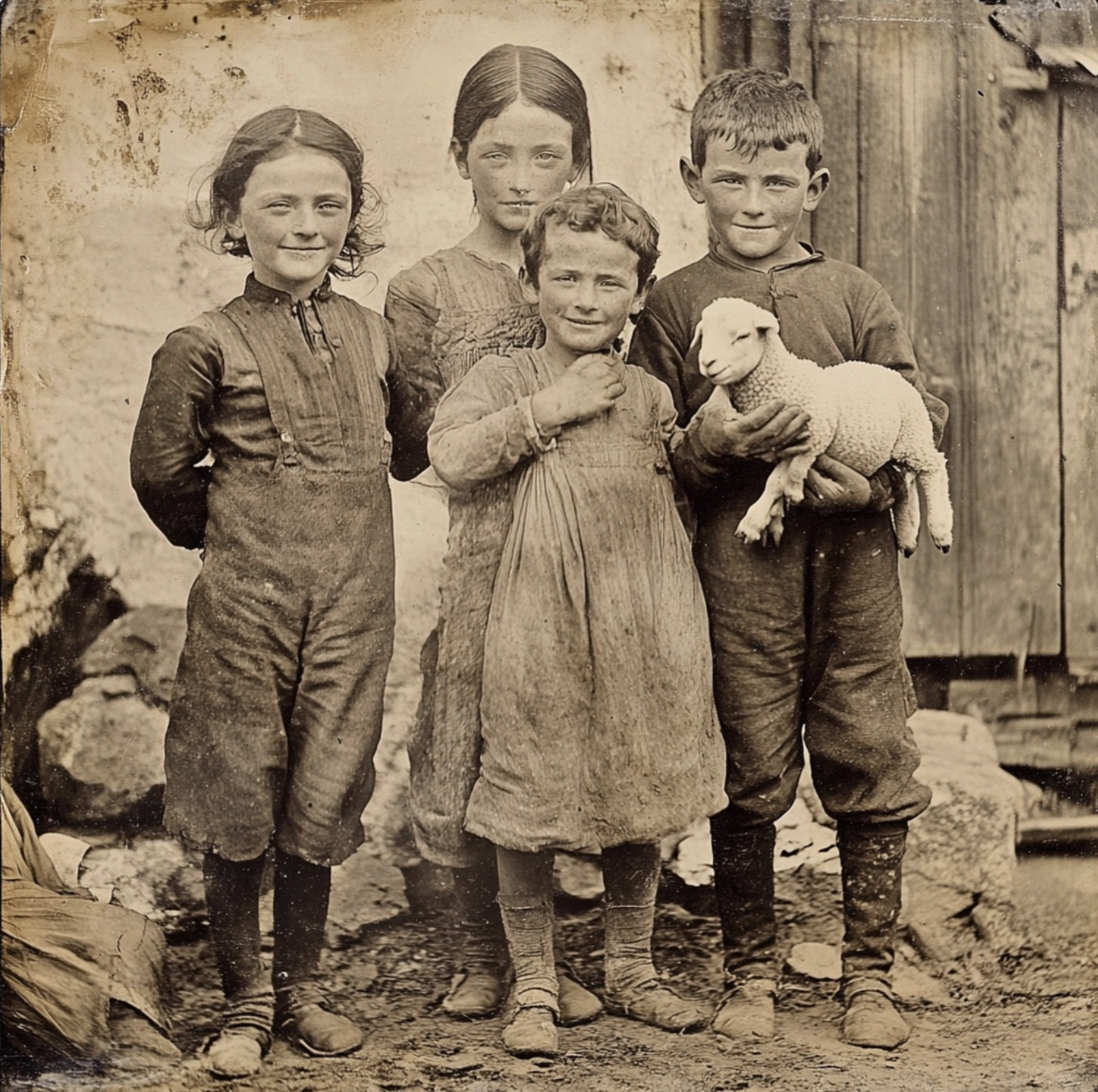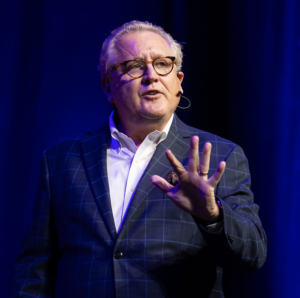
I recently participated in a research project that gathered input from futurists on how AI will change humanity by 2030. Of course, nobody can foresee what this AI world will be like five months from now, let alone five years from now, but it was a great exercise that yielded some consensus among the experts.
But this pushed my thinking in a different way. If we are to consider how AI is changing humanity, what exactly is humanity?
If we think back to a human existence 200 or 300 years ago, a human adult would have had three primary goals: 1) don’t die, 2) find food/shelter, 3) have babies. Is that how our ancestors would have defined the meaning of humanity?
Today when we think about AI impacting “humanity,” we might reference the impact on our careers, our privacy, or our purpose in life. We might be worried about an AI impact on our schools, democracy, or relationships.
But is that humanity?
Today I want to strip away the pretense of modern life and explore what the intrusion of AI might mean to our humanity, and by extension, our businesses.
What doesn’t change?
In the early days of Amazon, Wired magazine interviewed Jeff Bezos and asked him what new technology excited him the most. Amazon was revolutionizing eCommerce, but Bezos took the interview in another direction.
“Changing technology is interesting,” he said, “but what is even more interesting is what will NOT change, because that’s how you build a business. I find it impossible to consider that in ten years our customers will want higher prices, less selection, or slower delivery. Our success comes from focusing on the factors that never change.”
His insight is even truer today as we face the future with our new AI masters. Instead of focusing on change, the most robust businesses will serve the elements of humanity that will not change.
The humanity that remains
There is certainly a lot of hyperbole around AI and its implications. But I trust the view of an insider like Satya Nadella of Microsoft when he says AI is the most profound development in history — more important than fire, electricity, or the internet.
However, just as important as the power of the change is the speed at which it occurs. The improvements are dizzying. So in this hurricane-force environment, how do you build a durable business?
Let’s take a page from the Bezos Playbook. If we strip away the pretense and pressure of the modern world, what about humanity will NEVER change? Here’s a starter list:
- SAFETY
- LOVE
- CONNECTION AND COMMUNITY
- CREATIVITY
- COMPASSION
- CONTENTMENT / PEACE
- HEALTH
- FAMILY
- SPIRITUALITY / SPIRITUAL LONGING
- CURIOSITY
- RITUAL
- AUTONOMY / FREEDOM
- HOPE
I realize this is an imperfect and incomplete list, but give this grace as a thought experiment.
If your business is serving one of these needs, you’re probably in good shape, no matter what happens with AI. Similarly, if AI were to threaten any of these characteristics, you could create a durable business by preserving these aspects of humanity.
Building a durable business
Let’s put this into practice.
What are the new threats to personal safety?
- Deep fakes
- Cyber attacks
- Attacks on the electrical grid or water system
- Hacks into credit cards and bank accounts
These threats will not disappear anytime soon. Why hasn’t somebody invented a hack-proof credit card that can only be activated by a fingerprint or iris scan? There’s a growing niche industry that provides insurance against cyber attacks. That’s smart. Likewise, sales of back-up power supplies are booming because our concern for our safety will never go away.
Let’s try another one: Curiosity
- Why not package a service where AI can make custom novels based on your interests and favorite characters?
- Open a creator hub where people could take classes in ancient arts like glassblowing or woodcraft all in one place.
- I love my app that helps me identify birds by their songs and calls. But it poses such a limit on my curiosity. Why not turn it into a network that can alert me to new bird sightings in my neighborhood or create gamified bird collection teams?
Another way to look at this is to mash up your current products with human needs to reimagine your business value.
Let’s say you own a bakery that specializes in making unique and delicious cookies. How can you position your cookies to appeal to fundamental human needs, such as love, community, creativity, health, or ritual?
You get the idea now.
Building a durable business relies on serving persistent human needs. Strip away the veneers of social performance that have accumulated for centuries and focus on the needs that never change.
This post was excerpted from my new book How AI Changes Your Customers: The Marketing Guide to Humanity’s Next Act.
I think you will enjoy this book!
 Need a keynote speaker? Mark Schaefer is the most trusted voice in marketing. Your conference guests will buzz about his insights long after your event! Mark is the author of some of the world’s bestselling marketing books, a college educator, and an advisor to many of the world’s largest brands. Contact Mark to have him bring a fun, meaningful, and memorable presentation to your company event or conference.
Need a keynote speaker? Mark Schaefer is the most trusted voice in marketing. Your conference guests will buzz about his insights long after your event! Mark is the author of some of the world’s bestselling marketing books, a college educator, and an advisor to many of the world’s largest brands. Contact Mark to have him bring a fun, meaningful, and memorable presentation to your company event or conference.
Follow Mark on Twitter, LinkedIn, YouTube, and Instagram
Illustration courtesy MidJourney


